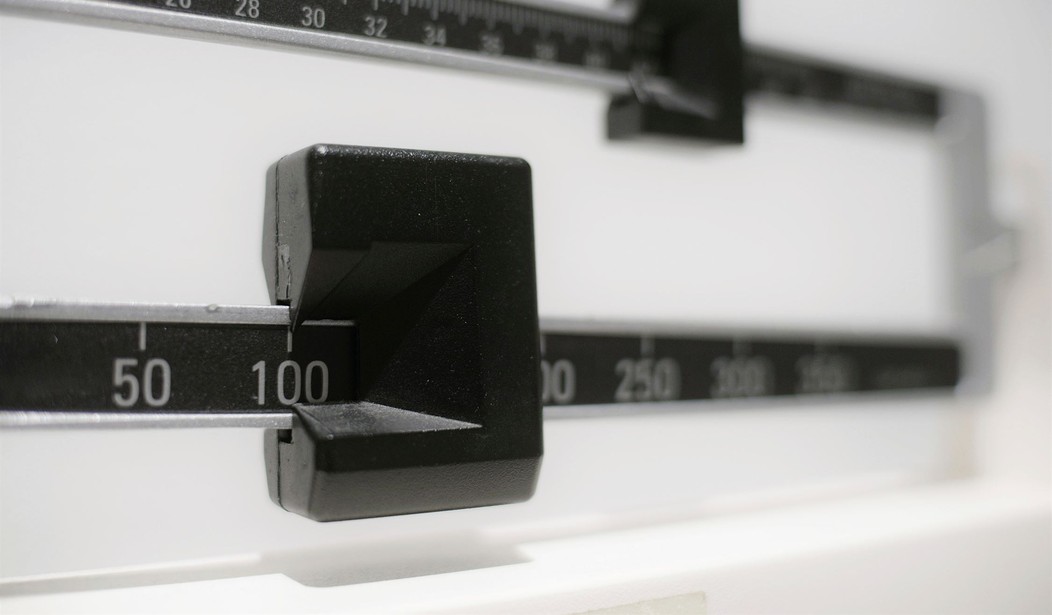If you see an advertisement for a drug, the likelihood is that it doesn’t work very well.
That’s the finding of an independent investigation by four Johns Hopkins published in the Journal of the American Medical Association.
Direct-to-consumer drug ads: the less a drug's clinical effect, the more spent by the drug companieshttps://t.co/vaR3VTUyQd @JAMA_current They should be banned.
And so should "further research is needed" in the conclusion. pic.twitter.com/NXL6fh7YEL— Eric Topol (@EricTopol) February 7, 2023
The article itself is filled with a lot of technical analysis, but the bottom line is very clear: the less that studies show a benefit to the drug, the more likely it is to get heavily advertised. And, of course, the heavier the advertising, the better the drug will do in the marketplace.
To be fair, no drug is supposed to get approved unless it provides a benefit to patients, but in many cases the benefit is less than you would expect and not that far off from placebo. Some drugs that have become big sellers just don’t do that much.
We all laugh at the long list of side effects, warning you that eliminating your toenail fungus using a pill might kill you, but those warnings are about real side effects that can happen, and if taking the drug doesn’t do much for you the risk/reward profile probably doesn’t justify taking it.
The wisdom of allowing advertisements for drugs has been debated for decades. It was prohibited until 1997, and the American Medical Association has since 2015 sought to ban ads again. Pharmaceutical companies defend the practice, arguing that patients can be empowered to take charge of their own care when informed, and can even learn about potential health issues they didn’t know were treatable.
They have a point, but it is a weak one. In the age of Google self-diagnosis has become a blessing and a curse. Certainly the power of Google and health websites far exceeds that of a 60 second ad featuring fine looking old people living their best life due to the wonders of Ziomakeyourlifeperfect.
It’s also not clear that the system for educating physicians about newly available treatments is much better–much of that education is done by pharmaceutical reps in any case. Pharmacy benefit managers have a role as well, although I am unclear how much they distort the system by steering people to certain drugs. Surely nobody involved pays enough attention to costs vs benefits, either in terms of money or health.
I’m pretty sure things could be done much better, and quite sure that nobody outside pharmaceutical companies and advertising firms would be disadvantaged by eliminating pharma ads. We are flooded with information in any case. But how, exactly, can we truly fix a broken system like this? Banning ads might or might not help, but that still leaves most of the education of doctors in Big Pharma’s hands.
But is there anybody else without an axe to grind to change things?
Doctors surely do their best to steer patients to the best treatments, but as caseloads get higher (my doctor has over 1500 patients under her care), their ability to know everything about everything and everyone is limited. Specialists have different workloads, but they also specialize and may have a limited view of the various health issues patients have.
Patients, in the end, need to become partners with their physician, taking responsibility for their care, not just begging for treatments. If somebody demands a treatment from an overworked doctor, they should assume responsibility for the results of their demands.








Join the conversation as a VIP Member